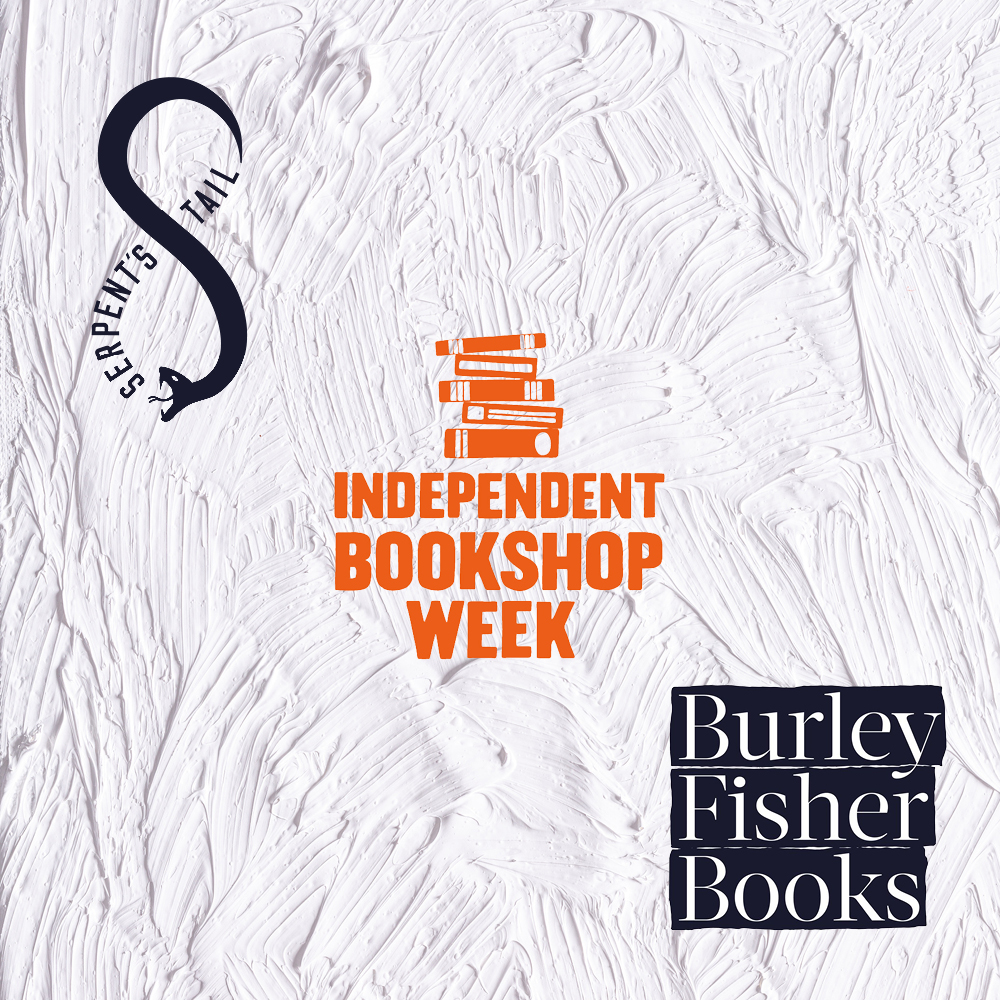
Teenage runaway; young stripper; writer of powerful, haunting stories. From Bad Behaviour in 1988, a story collection depicting seedy New York life, to Veronica in 2006, which follows a rollercoaster of a friendship between two women, Mary Gaitskill’s writing is often disturbing and always meticulously perceptive. In November 2021, we are pleased to publish a collection of Mary’s tender yet daring essays Oppositions, alongside striking reissues of the novella This is Pleasure, the Women’s Prize for Fiction-longlisted novel The Mare and the short story collection Don’t Cry.
In this retrospective we explore Mary’s published books and their recurring themes of feminism, relationships and sexuality.
Tell us which of Mary Gaitskill’s works you’ve read – or plan to read – over at Twitter @serpentstail and Instagram @serpentstail.
OPPOSITIONS (2021)
Oppositions is a collection of nuanced and provocative essays covering a broad range of subjects written with Mary Gaitskill’s characteristic linguistic flair. Spanning thirty years of her writing, and covering subjects as diverse as Dancer in the Dark, the world of Charles Dickens and the Book of Revelation with her classic blend of sincerity and wit, Oppositions is never less than enthralling.
‘Mary Gaitskill is willing to think about the problematic with complexity and humanity, and without taking sides or engaging in all the fashionable moral hectoring that passes for serious thought these days.’ Eimear McBride
THIS IS PLEASURE (2019; reissued 2021)
A provocative, nuanced novella about power, consent and friendship – and a masterful fictional contribution to the #MeToo debate.
Following the unravelling of the life of a male publisher undone by allegations of sexual impropriety and harassment, and the female friend who tries to understand, and explain, his actions, it looks unflinchingly at our present moment and rejects moral certainties to show us that there are many sides to every story.
‘Gaitskill achieves a superb feat. She distils the suffering, anger, reactivity, danger and social recalibration of the #MeToo movement into an extremely potent, intelligent and nuanced account.’ Guardian
Now available in a beautiful reissue.
THE MARE (2016; reissued 2021)
The Mare is Mary Gaitskill’s first novel in over a decade. Ginger is in her forties and a recovering alcoholic when she meets and marries Paul. When it becomes clear it’s too late for her to have a baby of her own, she tries to persuade him to consider adoption – but he refuses. As a compromise, they sign up to an organisation that sends poor inner-city kids to stay with country families for a few weeks in the summer, and so one hot July day eleven year old Velveteen Vargas, a Dominican girl from one of Brooklyn’s toughest neighbourhoods, arrives in their lives, and Ginger is instantly besotted.
While Velvet returns her affection, she finds the intensity of it bewildering. Velvet discovers she has a natural talent for riding and a deep affinity with the damaged horses cared for there. But when Ginger begins to entertain fantasies of adopting her, things start to get complicated for everyone involved.
‘Visceral and haunting, and the telling, with its shifting first person narrative, is nothing short of masterful’ GQ
Now available in a beautiful reissue.
DON’T CRY: STORIES (2009; reissued 2021)
A set of short stories which once again delves into the messy, broken and often out-of-control lives of ‘normal’ people. As the New York Times writes,
‘The people in Gaitskill’s stories often behave unconventionally and impulsively; they may seem to have an agency outside their author’s control, doing what not even she could expect, but they never escape her pitiless eye and meticulous hand.’
Read an extracted short story, Mirrorball
Now available in a beautiful reissue.
VERONICA (2005; reissued in 2016)
Shortlisted for the National Book Award, Veronica is the story of the friendship between Alison and Veronica, who meet amid the nocturnal glamour of 1980s New York: one is a former modeling sensation, the other an eccentric middle-aged proofreader.
Over the next twenty years their friendship will encompass narcissism and tenderness, exploitation and self-sacrifice, love and mortality. Moving seamlessly between the glamorous and gritty ’80s, when beauty and style gave licence to excess, and the broken world of the decade’s survivors twenty years later, Gaitskill casts a fierce yet compassionate eye on the two eras and their fixations.
BECAUSE THEY WANTED TO (1997)

In these stories, ‘Mary Gaitskill charts the twists and turns of emotion and desire, in fanatically analytical prose that zips along in a fever of self-consciousness that would seem loony if her observations weren’t so sane’ New York Times
Read an extracted story: Tiny Smiling Daddy
TWO GIRLS, FAT AND THIN (1991)

Mary’s first novel explores the experiences of those alienated from society. A journalist, Justine (‘thin girl’) interviews Dorothy (‘fat girl’) about her time as a member of a cult led by an author. Though they have very different backgrounds, the two girls find they have both experienced vicitimisation at the hands of their parents.
‘Gaitskill fully understands the psycho-dynamics of being a misfit, and hence the appeal of such as Rand. But her fine and disturbing novel is also a stunning work of the imagination–genuine and luminous.’
Two Girls is one of the books referenced in the Rumpus article ‘What Men Talk About When They Talk About Mary Gaitskill’, which argued that men feel uncomfortable reading Gaitskill’s work and thus are inclined to review it negatively. This in turn prompted Mary Gaitskill’s ‘open letter’, in which she rebuffs this claim: ‘in truth some of my best support has come from men’.
BAD BEHAVIOUR (1988)

In her first collection of stories Mary Gaitskill explores love, lust, infatuation and power within relationships. In a blog written for Waterstones ‘On Mary Gaitskill’s Bad Behaviour‘, author Zoe Pilger wrote:
‘Like the HBO TV series Sex and The City, which came a decade later in the late 90s, Bad Behaviour documents the lives of women trying to find their way in New York. Unlike the writers of Sex and The City, however, Gaitskill doesn’t pretend that the apotheosis of a woman’s life is finding ‘The One’.’
The story entitled ‘Secretary’ inspired the controversial film of the same name, starring Maggie Gyllenhaal.
Visit our fanzine for more Mary Gaitskill: marygaitskill.tumblr.com


















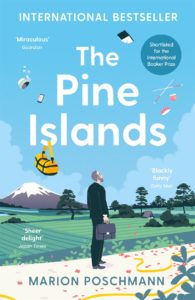 THE PINE ISLANDS – Marion Poschman (Translated by Jen Calleja)
THE PINE ISLANDS – Marion Poschman (Translated by Jen Calleja)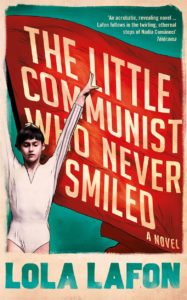
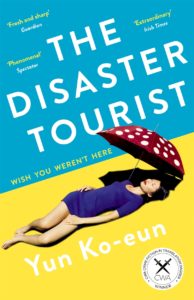 THE DISASTER TOURIST – Yun Ko-eun (Translated by Lizzie Buehler)
THE DISASTER TOURIST – Yun Ko-eun (Translated by Lizzie Buehler)


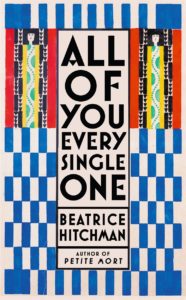
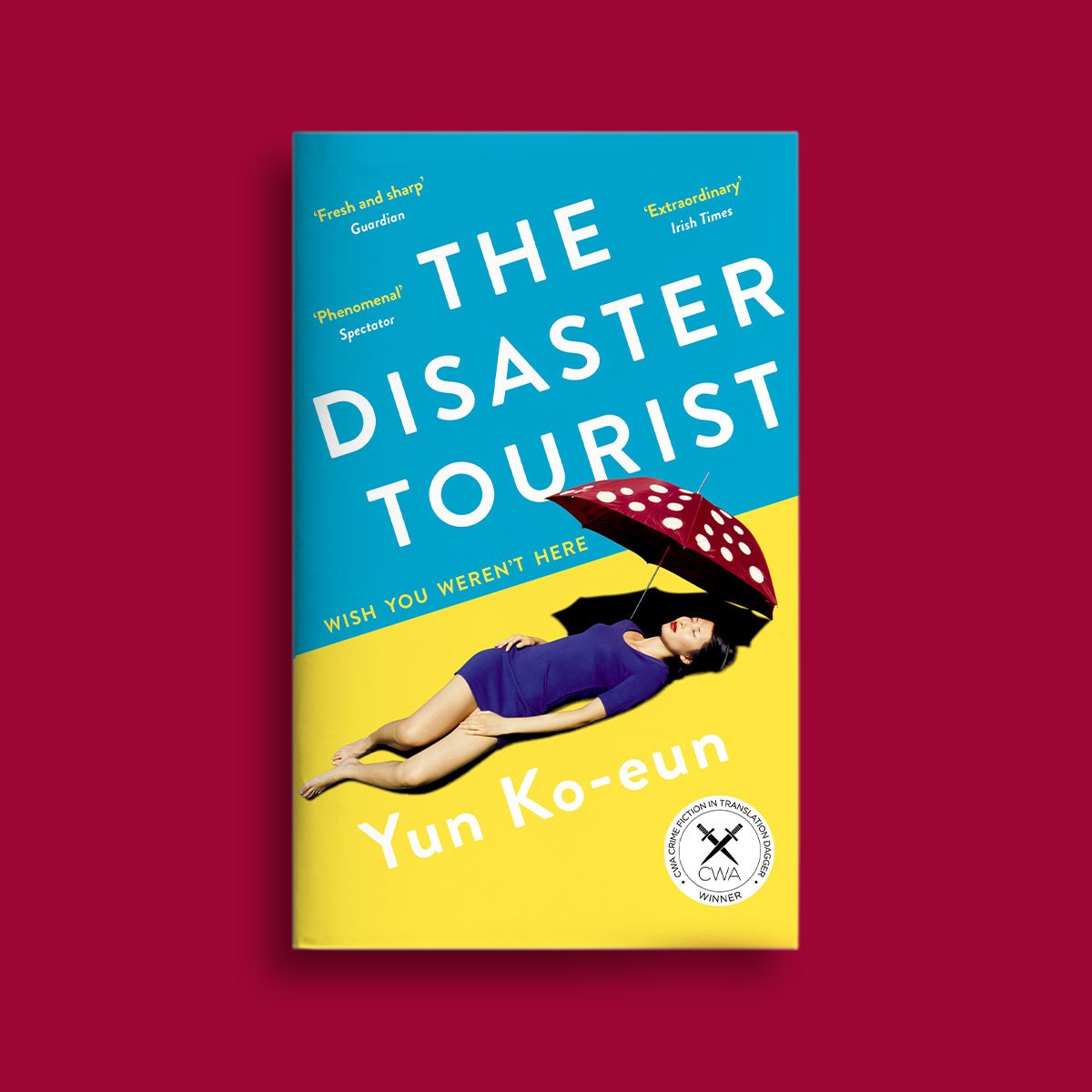
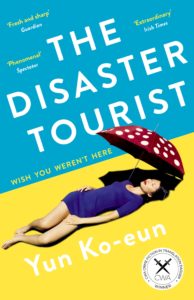





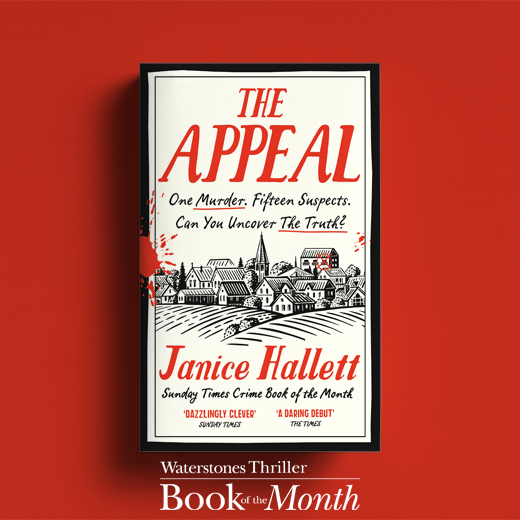

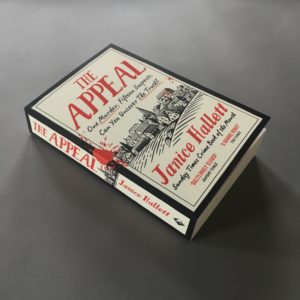
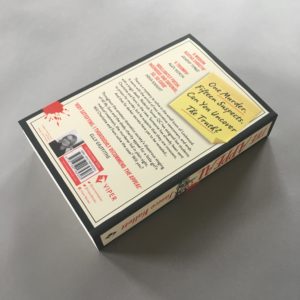
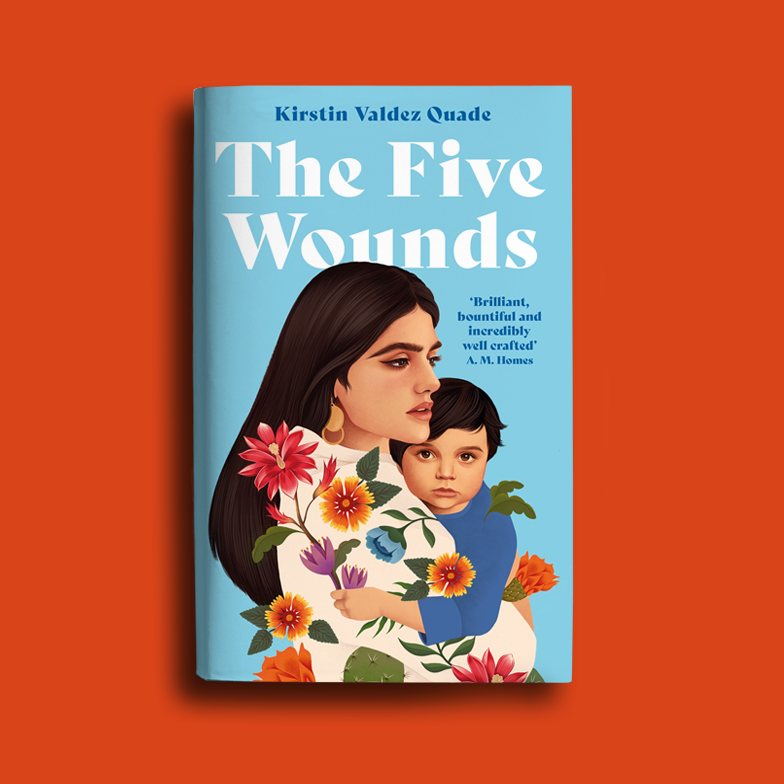
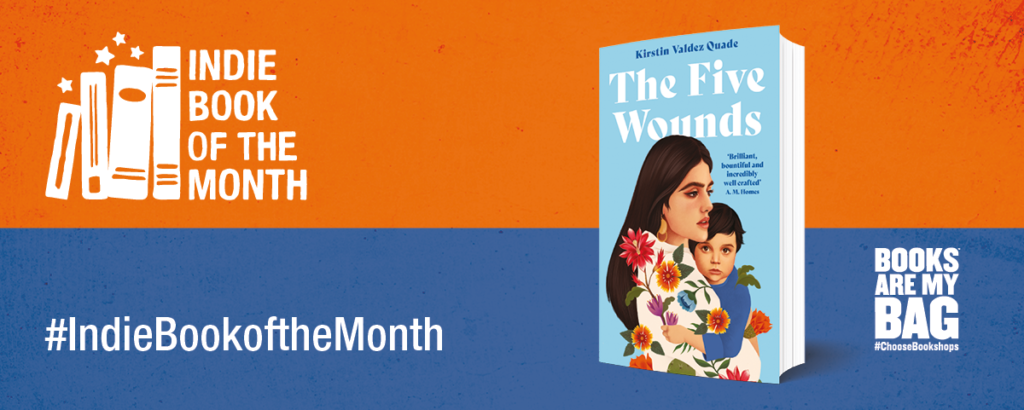
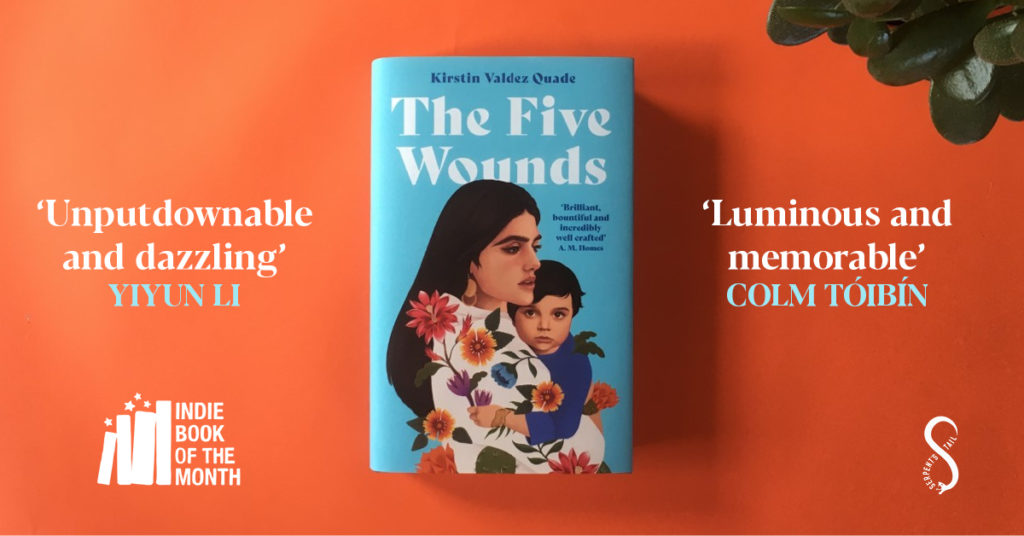
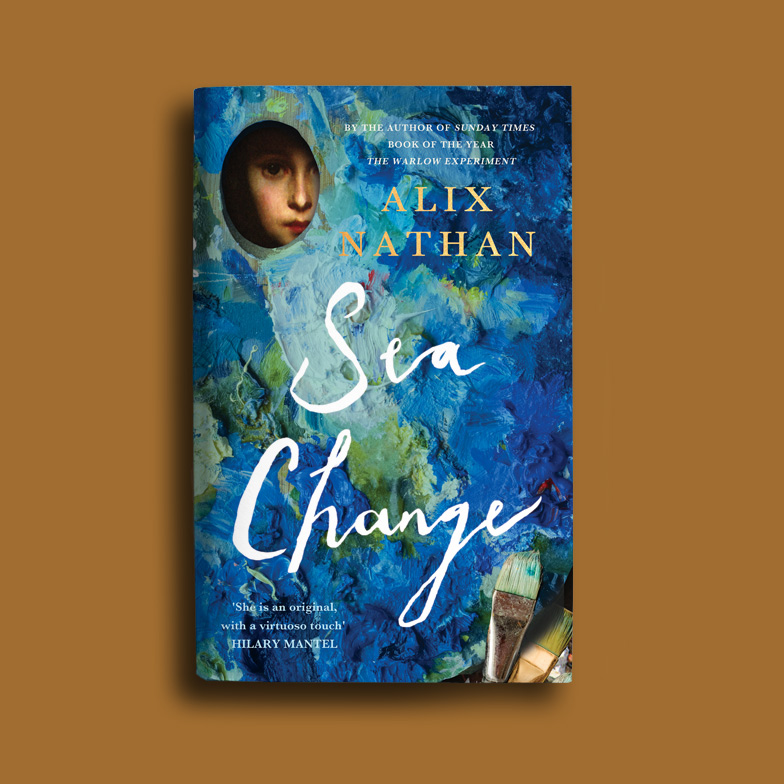

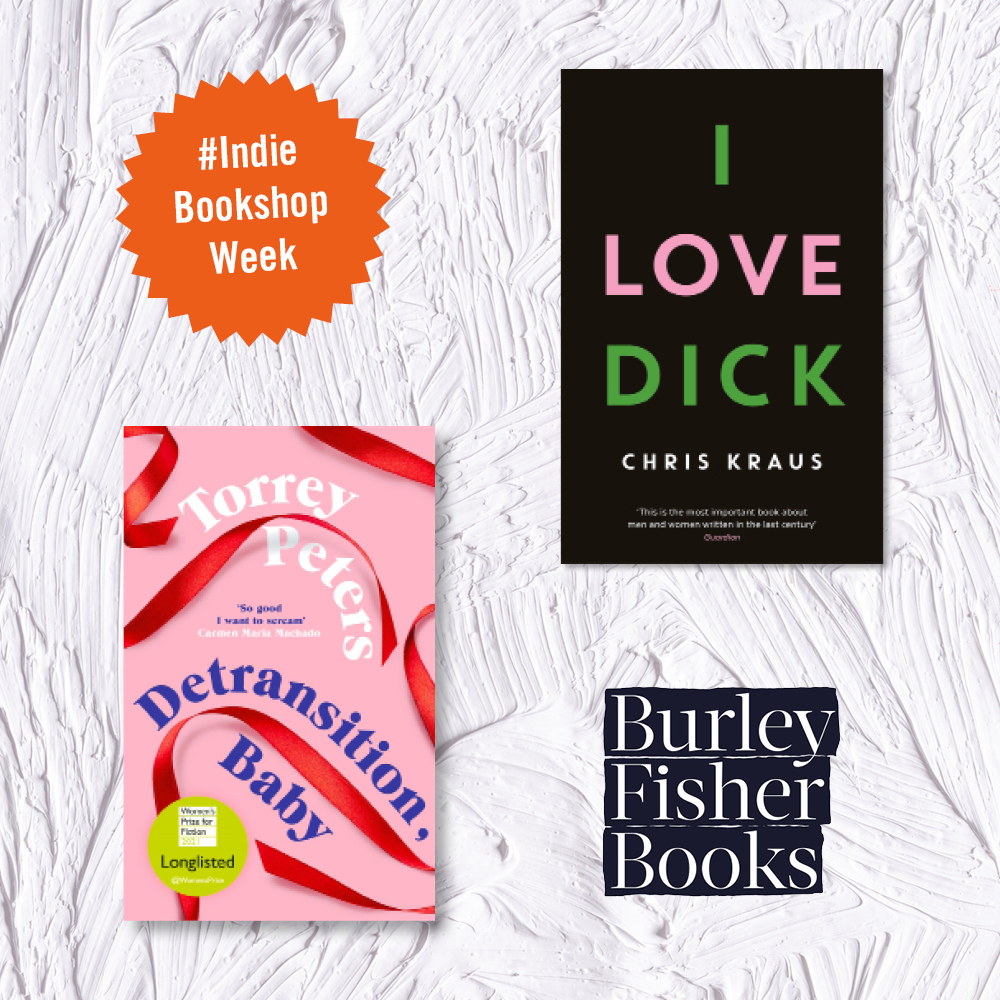










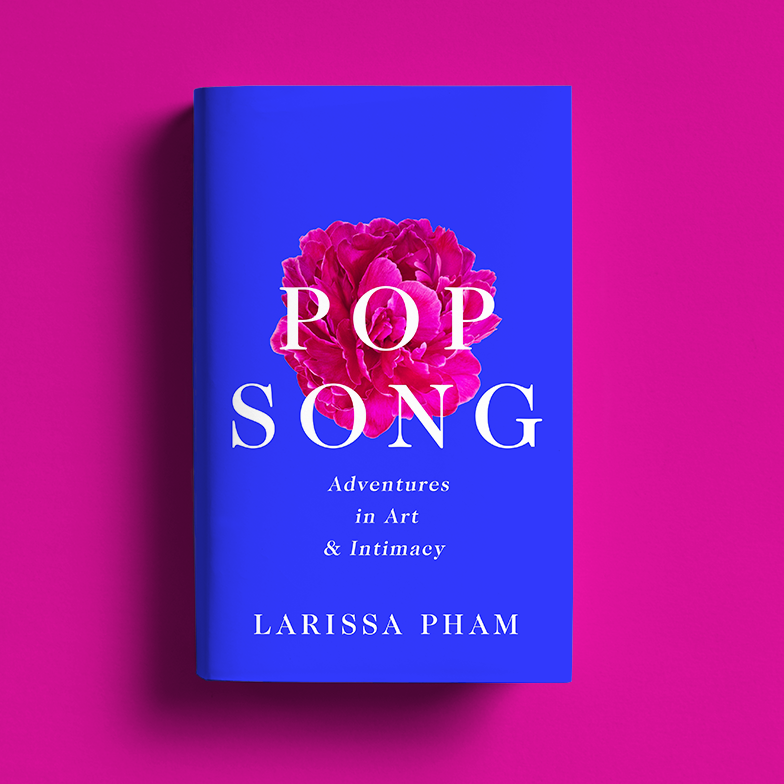
 ‘…I don’t know what comes after, once I decide to let desire have its way with me. How to un-melt the melted? How to turn the ground powder back into a person? This idea points to a knowledge that I don’t have: how to love without losing the self.’
‘…I don’t know what comes after, once I decide to let desire have its way with me. How to un-melt the melted? How to turn the ground powder back into a person? This idea points to a knowledge that I don’t have: how to love without losing the self.’